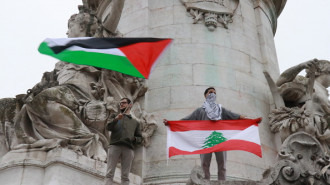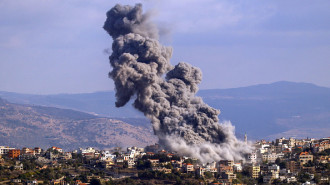Turkish PM retracts compensation offer for downed Russia jet
Turkish PM retracts compensation offer for downed Russia jet
The Turkish prime minister has retracted an earlier offer to compensate Russia for a jet shot down on the Syrian border last year.
2 min read
Turkey downed a Russian jet violating its airspace last year [Anadolu]
Turkish Prime Minister Binali Yildirim on Tuesday went back on an earlier offer of compensation to Russia for shooting down one of Moscow's military jets in November.
"Compensating Russia is not on the table, we have only expressed our regrets," CNN-Turk cited Yildirim as saying, hours after he said Ankara was ready to offer compensation for the incident that shattered ties between the two countries.
Speaking on public TV network TRT late Monday, Yildirim had said: "We have said that if necessary we are ready to pay compensation.
"I think we have reached an understanding on this affair. We will put this incident behind us and continue on our path," he added.
The confusion came a day after a major breakthrough in the diplomatic crisis between the two countries – which back opposing sides in the Syrian war – with Turkish President Recep Tayyip Erdogan reaching out a hand of reconciliation.
The Kremlin said Erdogan had apologised for the incident, which took place along the Turkish-Syrian border.
But Turkish officials said Erdogan had written to his Russian counterpart Vladimir Putin to "express his regrets" over the incident rather than issue an outright apology.
Despite the retraction of the compensation offer, Erdogan and Putin are due to speak by phone on Wednesday for the first time since the plane was shot down, the Kremlin said.
A Turkish official said the call would take place at 1200 GMT.
Turkey had previously refused to apologise for shooting down the plane, insisting it strayed into its airspace and ignored repeated warnings.
Russia insisted it did not cross the border and accused Turkey of a "planned provocation".
Ankara is backing rebels fighting to topple Syria's President Bashar al-Assad, while Moscow is one of his last remaining allies.
Ankara went on a diplomatic charm offensive on Monday as it seeks to shore up its influence in the region, hailing a deal with Israel to restore ties as well as mending fences with Russia.
The twin breakthroughs come as Turkey moves back towards a policy known as "zero problems with neighbours" following a string of diplomatic crises and with its foe Assad still in power in Syria.
"Compensating Russia is not on the table, we have only expressed our regrets," CNN-Turk cited Yildirim as saying, hours after he said Ankara was ready to offer compensation for the incident that shattered ties between the two countries.
Speaking on public TV network TRT late Monday, Yildirim had said: "We have said that if necessary we are ready to pay compensation.
"I think we have reached an understanding on this affair. We will put this incident behind us and continue on our path," he added.
The confusion came a day after a major breakthrough in the diplomatic crisis between the two countries – which back opposing sides in the Syrian war – with Turkish President Recep Tayyip Erdogan reaching out a hand of reconciliation.
The Kremlin said Erdogan had apologised for the incident, which took place along the Turkish-Syrian border.
But Turkish officials said Erdogan had written to his Russian counterpart Vladimir Putin to "express his regrets" over the incident rather than issue an outright apology.
Despite the retraction of the compensation offer, Erdogan and Putin are due to speak by phone on Wednesday for the first time since the plane was shot down, the Kremlin said.
A Turkish official said the call would take place at 1200 GMT.
Turkey had previously refused to apologise for shooting down the plane, insisting it strayed into its airspace and ignored repeated warnings.
Russia insisted it did not cross the border and accused Turkey of a "planned provocation".
Ankara is backing rebels fighting to topple Syria's President Bashar al-Assad, while Moscow is one of his last remaining allies.
Ankara went on a diplomatic charm offensive on Monday as it seeks to shore up its influence in the region, hailing a deal with Israel to restore ties as well as mending fences with Russia.
The twin breakthroughs come as Turkey moves back towards a policy known as "zero problems with neighbours" following a string of diplomatic crises and with its foe Assad still in power in Syria.

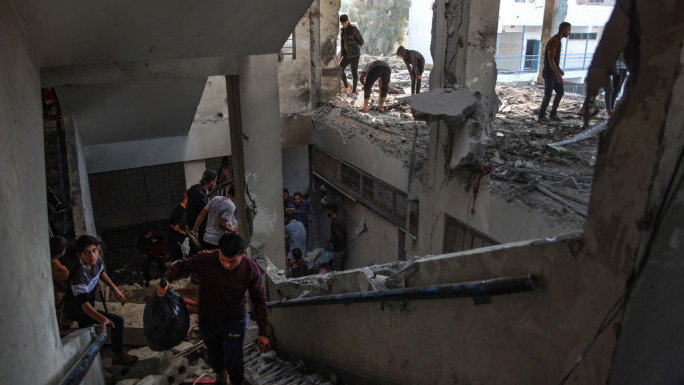
![President Pezeshkian has denounced Israel's attacks on Lebanon [Getty]](/sites/default/files/styles/image_684x385/public/2173482924.jpeg?h=a5f2f23a&itok=q3evVtko)

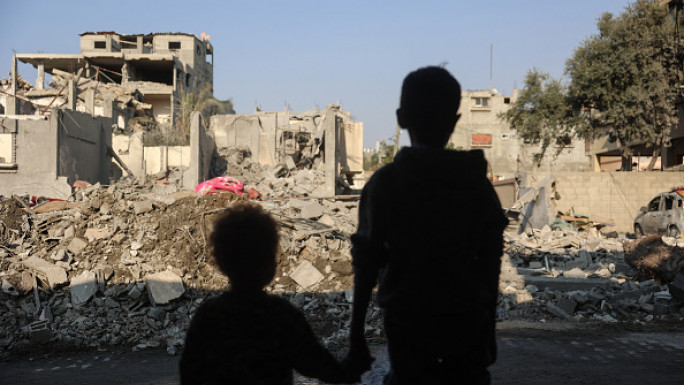
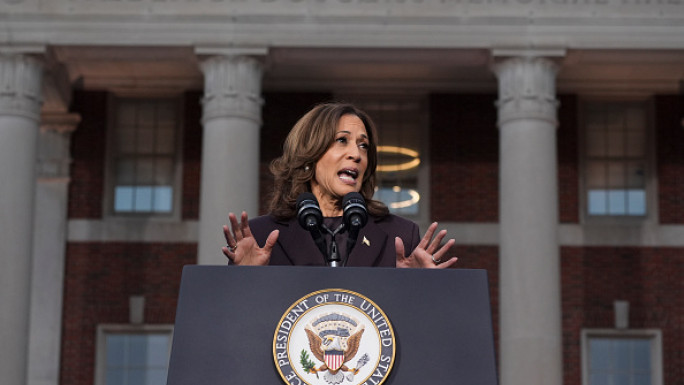
 Follow the Middle East's top stories in English at The New Arab on Google News
Follow the Middle East's top stories in English at The New Arab on Google News
